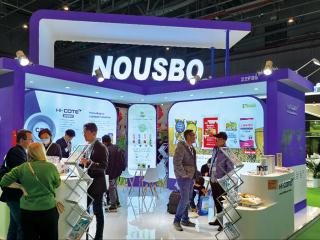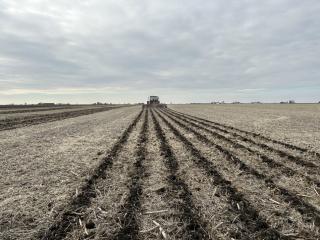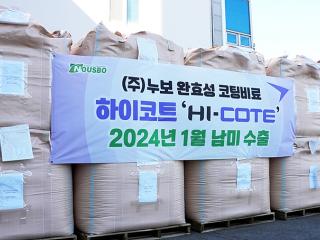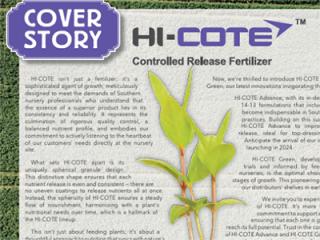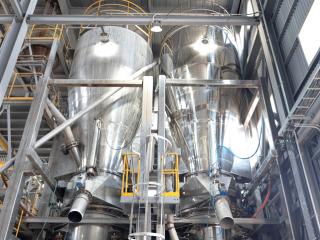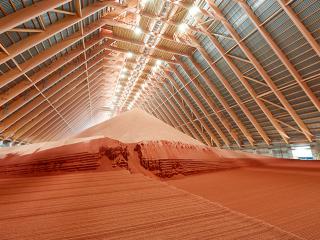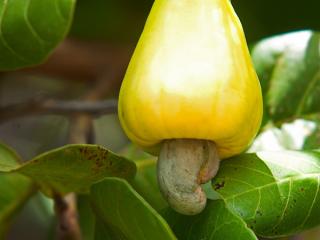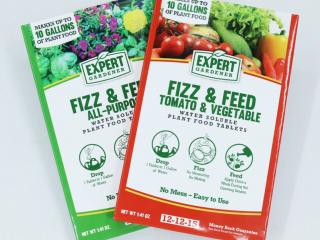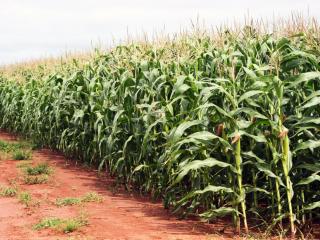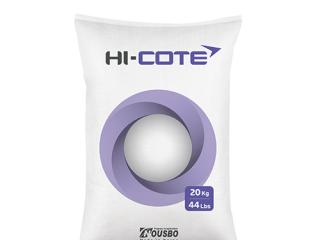News
[Phosphate Crisis: CRFs Solution]
Global Phosphate Crisis Threatens Food Supply,
but Innovative Solutions Emerge
2023.11.23.
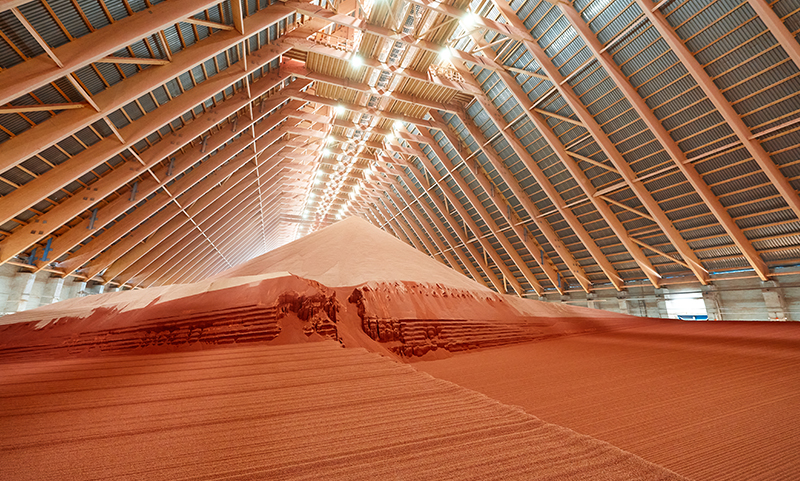
Phosphate fertilizers on pile in storehouse
The world faces an imminent crisis in the supply of phosphate, a critical fertilizer essential for global food production, warn scientists. Phosphate, a limited resource, is extensively used in agriculture, and the depletion of its largest supplies mined in politically unstable regions poses a serious risk to countries with limited reserves.
Phosphate usage has quadrupled in the last 50 years due to the growing global population, and projections suggest it may be depleted within a few decades. Researchers emphasize that humanity could produce only half of its current food without phosphate and nitrogen. Countries like the US, China, and India are expected to deplete their domestic phosphate supplies within the next generation, raising concerns about potential geopolitical issues, with some countries effectively controlling food production by monopolizing phosphate supplies.
Amid this crisis, innovative solutions are being explored. One potential breakthrough comes from Nousbo CRFs (Controlled Release Fertilizers), an advanced technology that can revolutionize phosphate use. By significantly reducing fertilizer loss and usage, Nousbo CRFs offer a sustainable approach to address the impending phosphate crisis. Controlled Release Fertilizer is a specialized fertilizer covered with a material that facilitates the gradual release of nutrients, ensuring a continuous and optimal nutrient supply throughout the plant's growth period. Unlike conventional fertilizers that require multiple applications, CRFs allow for a one-time application, reducing environmental pollution and labor costs.
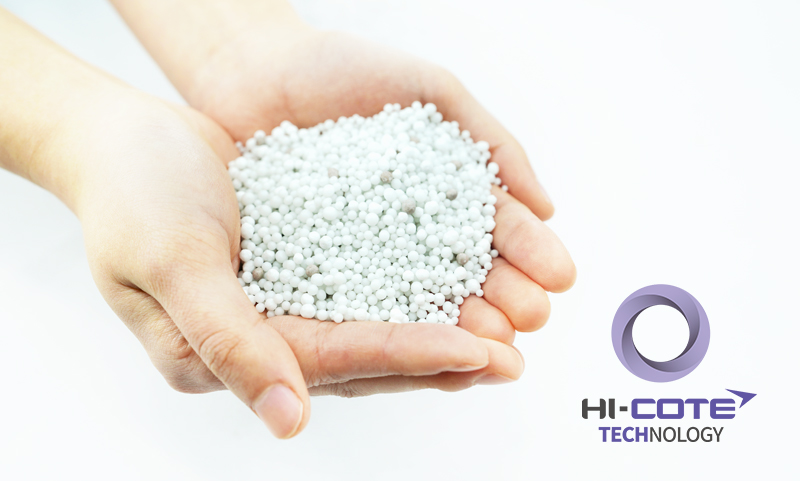
Nousbo CRFs : HI-COTE
Recognizing the severity of the situation, the European Commission has designated phosphate as a 'critical raw material,' with only Finland having reserves in the EU. Most phosphate is imported from regions such as Morocco, Algeria, Russia, Israel, and Jordan, posing a significant risk to the EU's supply chain.
In response to the phosphate crisis, researchers are exploring alternatives such as recycling phosphate from human sewage, manure, and abattoir waste. Additionally, new plant breeds that can extract phosphate more effectively and improved soil tests to prevent over-application of fertilizers are being investigated.
Reducing phosphate use is also crucial, and Nousbo CRFs offer a promising solution. By implementing advanced technologies like Nousbo CRFs, the global agricultural sector can mitigate the impact of the phosphate crisis, ensuring sustainable food production for the future. The time to address this critical issue is now, as the world grapples with the challenge of securing its food supply in the face of depleting phosphate resources.
- Kwon Oh Yeon, Nousbo Chief Research Officer, PhD -
Nousbo is listening to your valuable opinions through the customer inquiry page.
If you leave any inquiries, we will answer you with sincerity.
[CAC SHOW 2024] Nousbo Presents Controlle...
2024.03.18
[CRF Research in US] Nousbo and Illinois ...
2024.03.13
[Nousbo CRF in Chile] Nousbo Expands Expo...
2024.02.02
[K-Agriculture - Going Global] Active Exp...
2024.01.19
[ LNLA News Cover : HI-COTE ] Nousbo’s ‘H...
2024.01.17
[2nd CRF production facility] Nousbo Boos...
2024.01.10
[Phosphate Crisis: CRFs Solution] Global ...
2023.11.24
[CRFs Increased Cashew Yield] Nousbo CRFs...
2023.10.30
[Nousbo's USA Expansion] Nousbo Sign...
2023.10.18
[Nousbo CRF in Brazil] Nousbo Expands Coa...
2023.09.04
[EU REACH Certified Nousbo Fertilizer] No...
2023.07.28
[Dr. Joe: Brand K Representative] Nousbo ...
2023.07.13

